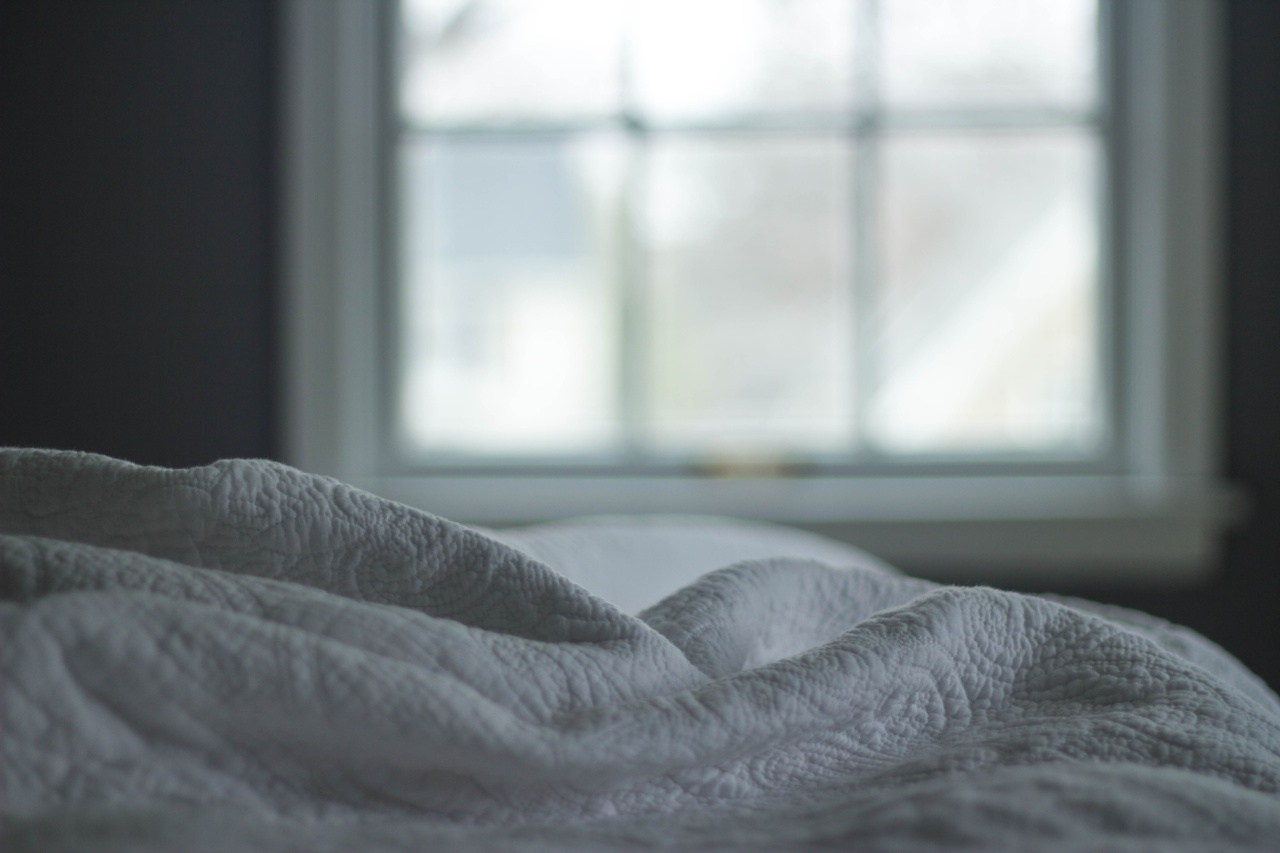Excessive sleep patterns, also known as hypersomnia, can be a burdensome condition that disrupts daily life and leaves individuals feeling fatigued and groggy.
Understanding the underlying causes of excessive sleep patterns is crucial for effective management and treatment. This article will explore some common factors that contribute to hypersomnia and offer insights into potential solutions.
1. Sleep disorders
Oftentimes, excessive sleep patterns can be attributed to various sleep disorders. Conditions such as sleep apnea, narcolepsy, and restless leg syndrome can significantly impact the quality and duration of sleep, leading to excessive daytime sleepiness.
Consultation with a sleep specialist can help diagnose and treat these disorders effectively.
2. Poor sleep hygiene
Inadequate sleep hygiene practices can also contribute to excessive sleep patterns.
Irregular sleep schedules, exposure to electronic devices before bed, excessive caffeine intake, and a disruptive sleeping environment can all disrupt sleep patterns and lead to excessive daytime sleepiness. Establishing a regular sleep routine and creating a conducive sleeping environment can greatly improve sleep quality.
3. Mental health issues
Mental health conditions such as depression and anxiety can manifest in sleep disturbances, including excessive sleep patterns.
Emotional distress and imbalanced neurotransmitters can disrupt the sleep-wake cycle, resulting in excessive sleepiness during the day. Seeking professional help to address underlying mental health issues can alleviate hypersomnia symptoms.
4. Certain medications
Some medications, including sedatives, antidepressants, and antihistamines, can have a drowsiness side effect, leading to excessive sleepiness.
If you suspect that your medication is causing your excessive sleep patterns, consult with your healthcare provider to explore alternative options or adjust the dosage accordingly.
5. Hormonal imbalances
Hormonal imbalances, such as those occurring in thyroid disorders or hormonal fluctuations during pregnancy, can disrupt sleep patterns and contribute to excessive sleepiness.
Proper diagnosis and management of these hormonal imbalances can help regulate sleep-wake cycles and reduce excessive daytime sleepiness.
6. Medical conditions
Underlying medical conditions, such as chronic fatigue syndrome, fibromyalgia, and diabetes, can also cause excessive sleep patterns. These conditions often affect overall energy levels and sleep quality, leading to daytime sleepiness.
Treating and managing these underlying medical conditions is essential for reducing excessive sleepiness.
7. Poor nutrition
Dietary factors can play a significant role in sleep patterns and overall energy levels. Nutrient deficiencies, excessive consumption of refined sugar and carbohydrates, and irregular meal timings can all contribute to excessive sleepiness.
Eating a balanced diet, rich in vitamins and minerals, and avoiding excessive consumption of stimulants like caffeine can help regulate sleep patterns.
8. Excessive stress
High-stress levels can have a profound impact on sleep quality and duration, leading to excessive sleepiness during the day.
Finding effective stress management techniques, such as exercise, meditation, or therapy, can help reduce stress levels and improve sleep patterns.
9. Lack of physical activity
A sedentary lifestyle can contribute to excessive sleepiness. Regular physical activity can help regulate the sleep-wake cycle, improve sleep quality, and enhance overall daytime alertness.
Incorporating moderate exercise into your daily routine can have a positive impact on excessive sleep patterns.
10. Environmental factors
External factors, such as excessive noise, extreme temperatures, or an uncomfortable mattress, can disrupt sleep and contribute to excessive sleepiness.
Ensuring a calm, quiet, and comfortable sleeping environment can help alleviate hypersomnia symptoms.































